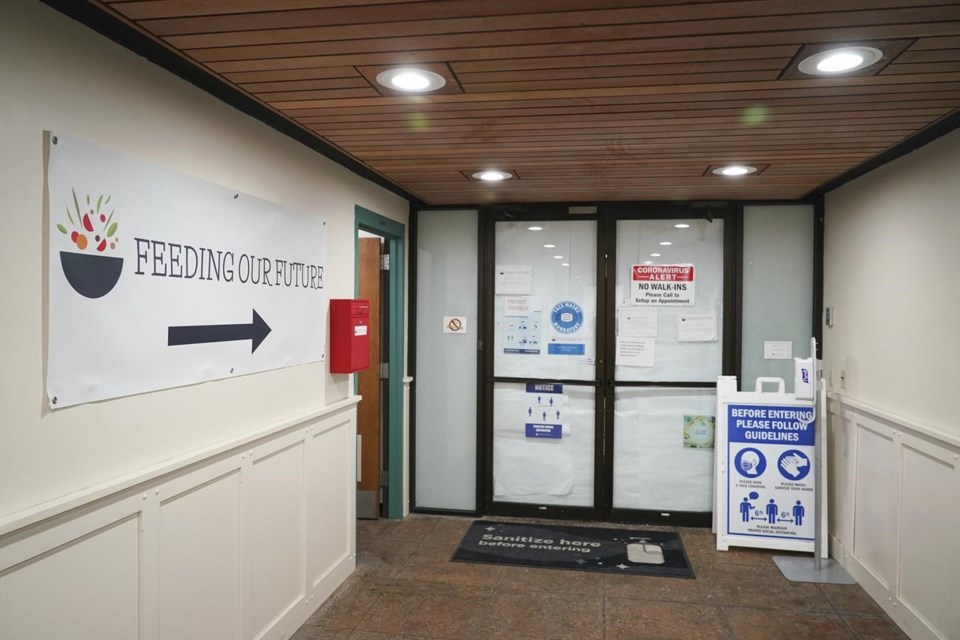MINNEAPOLIS (AP) — Ten more people have been charged in connection with a scheme to steal more than $250 million from a federal program designed to provide meals to low-income children in Minnesota, federal prosecutors said Monday.
A total of 60 people have now been charged in the conspiracy, in which authorities say a group of people took advantage of rules that were relaxed during the COVID-19 pandemic and falsely claimed they were providing food to children. Minnesota U.S. Attorney Andy Luger said in September that the conspiracy was the largest pandemic-related fraud scheme to date.
At a Monday news conference, Luger said six people have pleaded guilty so far, and more information is coming about who organized the scheme.
“Our investigation continues, and we expect more charges in the future,” Luger said.
At the center of the plot, the indictments allege, was a Minnesota nonprofit called Feeding Our Future.
Prosecutors said just a fraction of the money went toward feeding kids, with the rest laundered through shell companies and spent on property, luxury cars and travel.
The money came from the U.S. Department of Agriculture, with oversight from state governments. In Minnesota, the funds were administered by the state Department of Education, with meals historically provided to kids through schools and day care centers. Sites that served the food were sponsored by authorized public or nonprofit groups.
Some standard program requirements were relaxed during the COVID-19 pandemic; for-profit restaurants were allowed to participate, and food was allowed to be distributed outside educational programs.
Luger said in September that a small group of people came up with the plan to exploit the relaxed rules and steal tens of millions of dollars by falsely claiming they were providing food to children. Others soon joined, and the scheme grew, Luger said.
On Monday, Luger said the defendants allegedly operated fraudulent food sites all around the state, including Pelican Rapids, Faribault, Burnsville, Minnetonka, Bloomington, Minneapolis and St. Paul.
He highlighted an indictment against a woman who claimed to serve 2,560 meals a day to children in Pelican Rapids, a town with a total population of only 2,500 people. The woman obtained about $3.7 million from the fraudulent sites she operated, Luger said.
Luger added that federal prosecutors in September had seized about $50 million worth of property fraudulently obtained by the defendants. “That number is over $66.6 million now -- and climbing,” he said.
Republican lawmakers have said Gov. Tim Walz and Attorney General Keith Ellison, both Democrats, missed opportunities to use their investigative powers to stop the fraud earlier.
The governor replied that the federal government relaxed its rules when it sent COVID-19 aid to the states — “as they should have" — and that his administration alerted the FBI when it discovered the fraud.
“Now it’s an ongoing investigation. I guess we’ll get more clarity,” Walz said in October, before he and Ellison won re-election the following month.
___
Trisha Ahmed is a corps member for the Associated Press/Report for America Statehouse News Initiative. Report for America is a nonprofit national service program that places journalists in local newsrooms to report on undercovered issues. Follow her on Twitter: @TrishaAhmed15
Trisha Ahmed, The Associated Press



